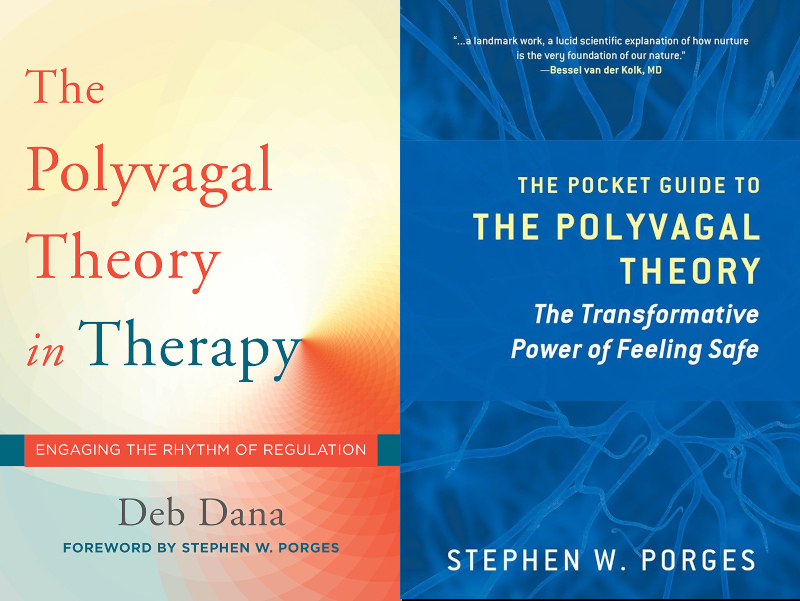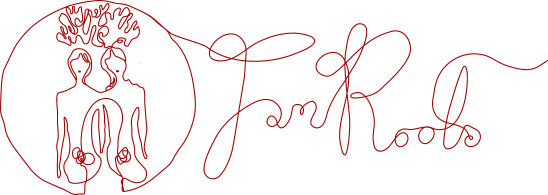Relationships and Well-being
Something for Helpers (psychologists, educators, doctors, psychotherapists, caregivers, teachers...). This time we recommend two books - Stephen W. Porges' "The Polyvagal Theory: A Guide" and Deb Dana's "The Polyvagal Theory in Therapy". Both valuable and very useful therapeutic practice works by a professor of psychiatry and a psychotherapist.
"The polyvagal theory explains that our sense of safety depends on the autonomic state of the organism, and environmental cues have a calming effect on the autonomic nervous system. The calming of the physiological state, in turn, promotes the formation of safe relationships based on mutual trust, which themselves expand the possibilities of coregulation of behavioral and physiological states. This mutually conditioning 'circle' of regulation defines healthy human relationships that are the foundation of mental and physical well-being. According to this model, bodily sensations are an intervening variable that influences how we respond to other people. When in a state of mobilization characterized by sympathetic nervous system arousal, we are oriented toward defense, not toward sending safety signals or positively responding to safety cues from others. However, when our autonomic state is regulated by ventral vagal pathways, our social engagement system coordinates safety signals through voice and facial expressions and down-regulates defensive responses in ourselves and others. This coordination of social engagement systems facilitates the formation and maintenance of social relationships." - S.W. Porges
"My ventral vagal system comes to life when:
- I think about people who are important to me;
- I am in nature;
- I allow myself to make my own choices;
- I listen to music;
- I am alone with my dog;
- I am under a starry sky;
- I walk along the beach and the water washes my feet;
- I build something with Lego blocks with my son;
- I drink tea with a friend." - D. Dana

